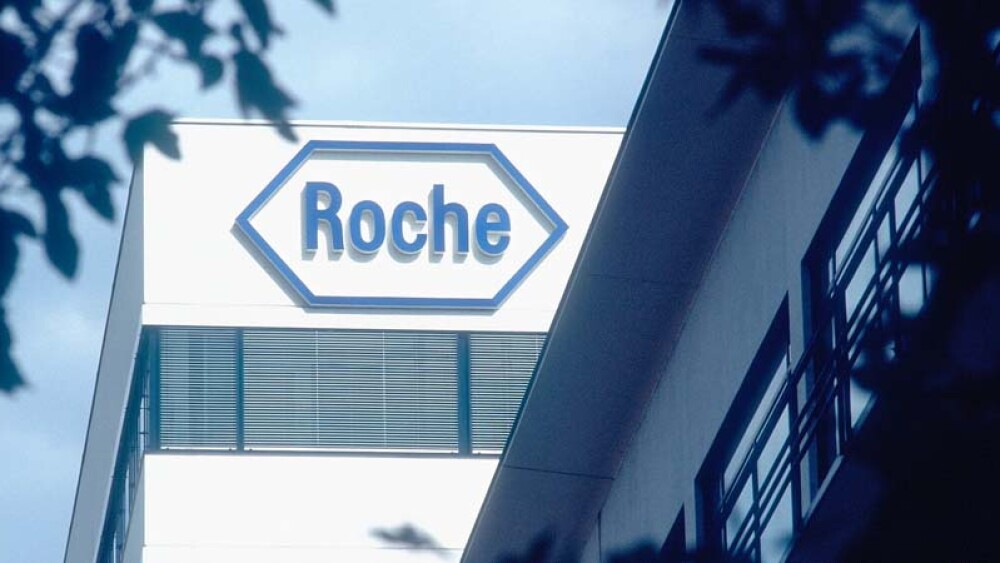November 3, 2016
By Alex Keown, BioSpace.com Breaking News Staff
BASEL, Switzerland – Shares of Roche are slightly down this morning following news that four patients taking part in a clinical trial for a hemophilia A drug have suffered “serious adverse events.”
The patients were taking ACE910, emicizumab, and developed serious cases of blood clots. Reuters reported that Roche disclosed two of the patients developed thromboembolic events and two patients developed thrombotic microangiopathy. Roche said it is now providing additional monitoring to the study
Emicizumab is a bispecific antibody engineered to bind both factors IXa and X, replacing the function of the missing factor VIII to improve clotting function and prevent spontaneous bleeding, according to Roche. Additionally, the therapy is designed to promote blood coagulation in hemophilia A patients, regardless of whether they have developed inhibitors to factor VIII, the company said. The drug is undergoing several Phase III trials and has earned the Breakthrough Therapy Designation from the UU.S. Food and Drug Administration. Roche has been riding high on strong trial data, but the news of the adverse effects has marred the drug’s reputation.
In a statement to Endpoints, Roche said the adverse events in the patients have been resolved and two of the patients have restarted treatment with emicizumab. Although the spokesperson did not say how long the two patients have been back on the therapy, he said neither patient has exhibited signs of additional adverse events.
“What we have so far are 4 spontaneously reported SAE (serious adverse events). And these events were seen with the concomitant use of multiple doses of a bypassing agent with emicizumab while treating a breakthrough bleed; in some cases the bypassing agent at doses exceeding the recommended labeled doses,” Roche said in its statement to Endpoints. “…The current recommendation is to avoid the use of one specific bypassing agent and if necessary, to use it starting with the lower range of the recommended labeled dose and perform dosing under monitoring.”
If the adverse events have been rectified, there’s a good chance that Roche and its hemophilia program can weather the bad news. Still, some analysts have taken note. Richard Parkes of Deutsche Bank told Reuters that the news indicates emicizumab is not as effective in eliminating bleeding risks. He said the report of adverse events is “the first blemish on ACE910’s profile.” The drug has been identified as a potential blockbuster for Roche.
The bad news for Roche was good news for rivals Shire Pharmaceuticals and Novo Nordisk , which both have approved treatments for hemophilia, FEIBA and NovoSeven respectively. Investors have spurred an increase in stock sales for both companies this morning.
Biogen is also planning to make a splash in the hemophilia market with its new dedicated spinoff company, Bioverativ. Bioverativ will be focused on the discovery, research, development and commercialization of treatments for hemophilia and other blood disorders. The company will launch with two approved hemophilia drugs, Alprolix and Electate, which generated $500 million in revenue in 2015. Analysts have projected the two drugs could ultimately hit $1 billion in annual revenue. Both drugs were approved in 2014 for the treatments of hemophilia B and A, respectively.





